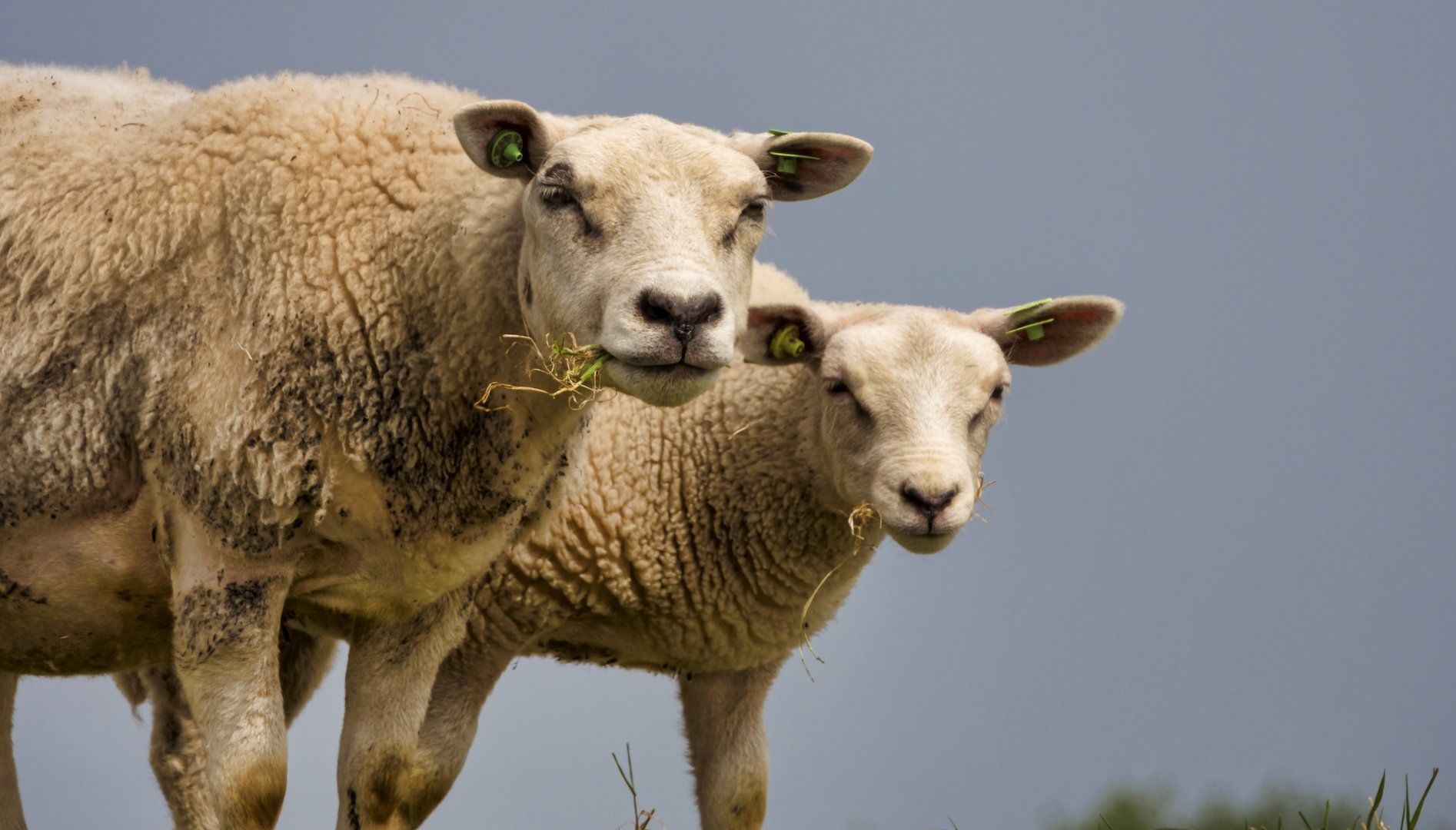A Short Guide to Allergies
By William Huang
Some of you may have or know someone with allergies to specific foods or certain pollen. Allergies, also called Type 1 hypersensitivity disorder, are often genetically linked or passed down. A person can be allergic to anything. However, out of all foods, the “big 8” are most common, including soybeans, milk, tree nuts, crustaceans, wheat, peanuts, fish, and eggs.
So when an allergen or a substance that can cause an allergic reaction is exposed to the body for the first time, the immune system uses antigen presenting cells to present the allergen to a naive t-cell. Cytokine interleukin 4 then differentiates the naive t-helper cell to become a t-helper 2 cell. At the same time, b-cells are differentiated into plasma cells by IL-4 to produce immunoglobulin E antibodies. Symptoms only start to show upon second exposure to the allergen when the antigen cross links itself to multiple receptor sites on one cell. This triggers the release of inflammatory chemicals such as histamine. Allergies cause primary reactions and secondary reactions that show immediate effects and activate other interleukins to release a chemical known as eosinophil. With each exposure, the reaction worsens after initial exposure.
So are there any treatments for allergies? One obvious way to reduce reactions is to stop exposure to an allergen. However, this might not always be helpful. Therefore, there are many over-the-counter medications to treat allergies. Antihistamines are one effective option, as they block the effects of histamines in the body. Histamines are chemicals created by your immune system when overreaction to an allergen such as pollen and pet dander occurs.
At the end of the day, scientists are still confused about allergies. They have many questions about how they came to be, what exactly they do in the body, and how they can treat allergies. For now, immunologist Ruslan Medzhitov would like people to stop seeing allergies as a disease. He says, “You’re sneezing to protect yourself. The fact that you don’t like sneezing, that’s tough luck. Evolution doesn’t care how you feel.”
Citations:
https://medlineplus.gov/ency/article/002229.htm
https://my.clevelandclinic.org/health/drugs/21223-antihistamines
Image Credit:
https://health.clevelandclinic.org/how-to-manage-spring-allergies/
All Rights Reserved | Safe Covid-19 Relief Engineerning



